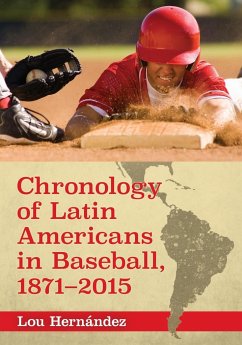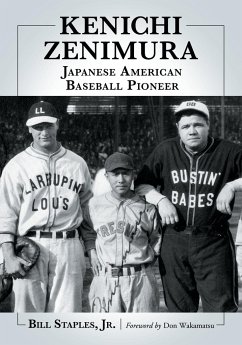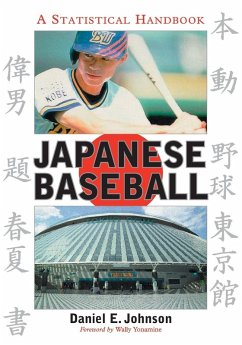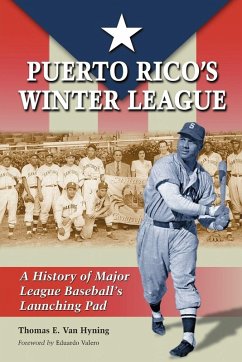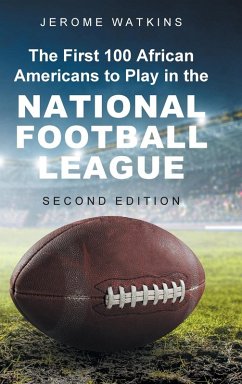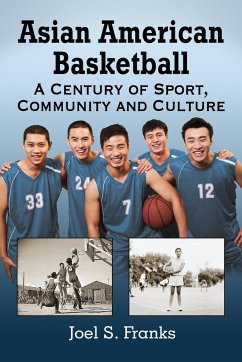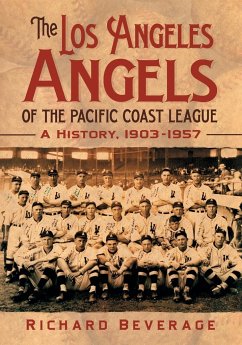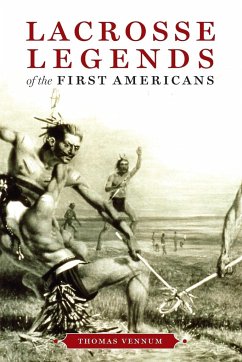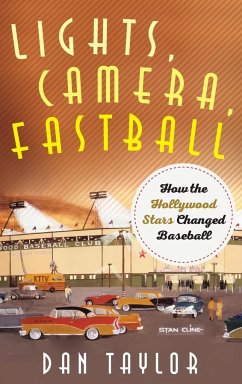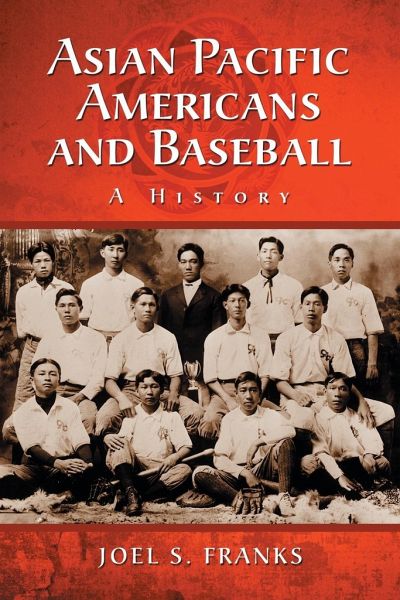
Asian Pacific Americans and Baseball
A History
Versandkostenfrei!
Versandfertig in 1-2 Wochen
34,99 €
inkl. MwSt.

PAYBACK Punkte
17 °P sammeln!
With the rise of stars such as Hideo Nomo, Ichiro Suzuki, and now Daisuke Matsuzaka, fans today can easily name players from the island country of Japan. Less widely known is that baseball has long been played on other Pacific islands, in pre-statehood Hawaii, for instance, and in Guam, Samoa and the Philippines. For the multiethnic peoples of these U.S. possessions, the learning of baseball was actively encouraged, some would argue as a means to an unabashedly colonialist end. As early as the deadball era, Pacific Islanders competed against each other and against mainlanders on the diamond, w...
With the rise of stars such as Hideo Nomo, Ichiro Suzuki, and now Daisuke Matsuzaka, fans today can easily name players from the island country of Japan. Less widely known is that baseball has long been played on other Pacific islands, in pre-statehood Hawaii, for instance, and in Guam, Samoa and the Philippines. For the multiethnic peoples of these U.S. possessions, the learning of baseball was actively encouraged, some would argue as a means to an unabashedly colonialist end. As early as the deadball era, Pacific Islanders competed against each other and against mainlanders on the diamond, with teams like the Hawaiian Travelers barnstorming the States, winning more than they lost against college, semi-pro, and even professional nines. For those who moved to the mainland, baseball eased the transition, helping Asian Pacific Americans create a sense of community and purpose, cross cultural borders, and-for a few-achieve fame.





